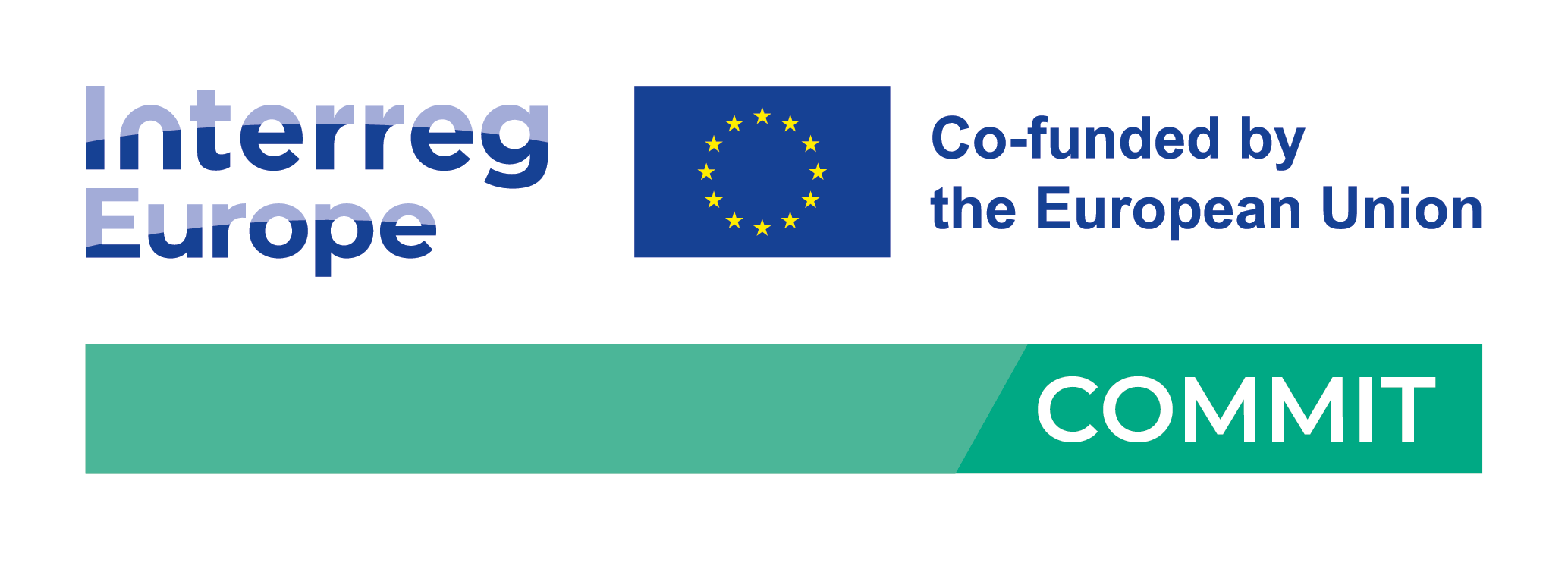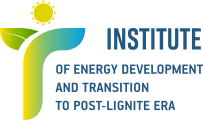
The COMMIT project, which stands for Low-Carbon SME Development and Transition, aims to address the challenges faced by regions in transforming their SME base to low-carbon activities while ensuring ‘good jobs’ and avoiding ‘carbon leakage’. With major industries transitioning to low carbon practices, SMEs in supply chains are under pressure to adapt to retain business. However, many SMEs, especially micro-enterprises, lack resources and access to crucial support like information, finance, technology, and skills.
This project recognizes the varying potential for effective SME support in different European regions based on SME profiles and the capacity of public and private sectors. By emphasizing a bottom-up approach through partnerships and collaborative working, particularly with SMEs themselves, COMMIT seeks to enhance the support ecosystem for SMEs in the industrial transition.
The main focus areas of the COMMIT project include improving SME access in information/knowledge, innovation/technology, finance, and skills. By identifying, analyzing, and disseminating good practices, the project aims to assist local and regional authorities in developing place-based strategies, instruments, facilities, and governance arrangements to provide integrated and coherent support for low-carbon entrepreneurship and SME development. Special attention will be given to microenterprises and underrepresented groups in entrepreneurship throughout the project implementation.
Partners
Energy Agency of Savinjska, Saleska and Koroska Region, Slovenia,
Development Agency of Savinja-Šalek Region, Slovenia,
Stichting EPRC Delft, Netherlands
Aalborg Municipality, Denmark
Municipality of Rotterdam, Netherlands
Consortium Extremadura Energy Agency, Spain
Stara Zagora Regional Economic Development Agency, Bulgaria
Rogaland County Council, Norway
Energy Transition Norway, Norway
University of Western Macedonia, Greece
Municipality of Eordea, Greece
